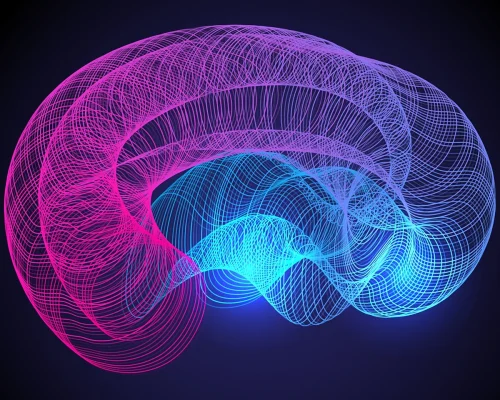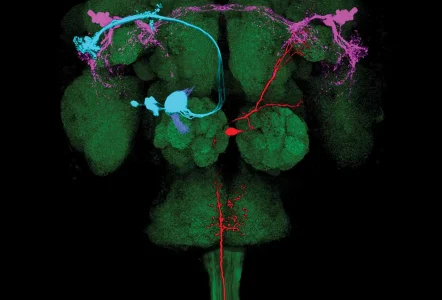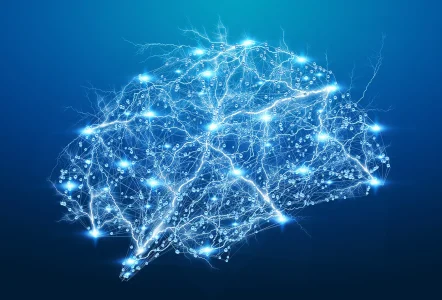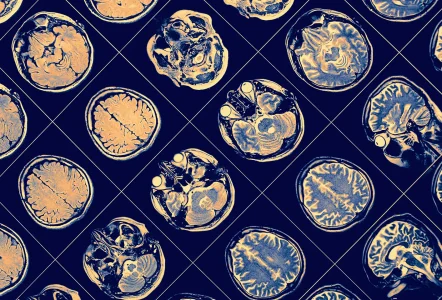
Background
We support research in theoretical neuroscience and collaboration at three world-class centres across the globe
We strongly believe that it is essential to ground experimental neuroscience in a firm theoretical context. As theoreticians propose which aspects of observed patterns of activity are crucial, this can be tested experimentally by perturbing only those aspects of the total observed pattern. These computational models will contribute not only to refining data analysis, but will also lead to new theories about network function, and generate predictions for further neuroscience research.

Centre for Theoretical Neuroscience at Columbia University
Since 2005 we have supported a range of neuroscience at Columbia University in New York through new faculty recruitment, grants for innovative research projects, and the forging of links with other institutes for international collaboration.

Gatsby Computational Neuroscience Unit
The Gatsby Computational Neuroscience Unit (GCNU) enables researchers to leverage theoretical neuroscience and machine learning to develop sound models of the way that the brain computes.

Stanford Programmes for Autism Research
We are supporting Professor Karl Deisseroth at Stanford University in the USA to discover the mechanisms of autism brain dynamics with a view to proposing treatment for neurological disorders.

Theoretical Neuroscience at Hebrew University
We are supporting research at this centre in Israel to advance our understanding of the principles of dynamics and function in the cortex, and helping the centre foster collaborations with other institutes in the UK and the USA with overlapping interests.